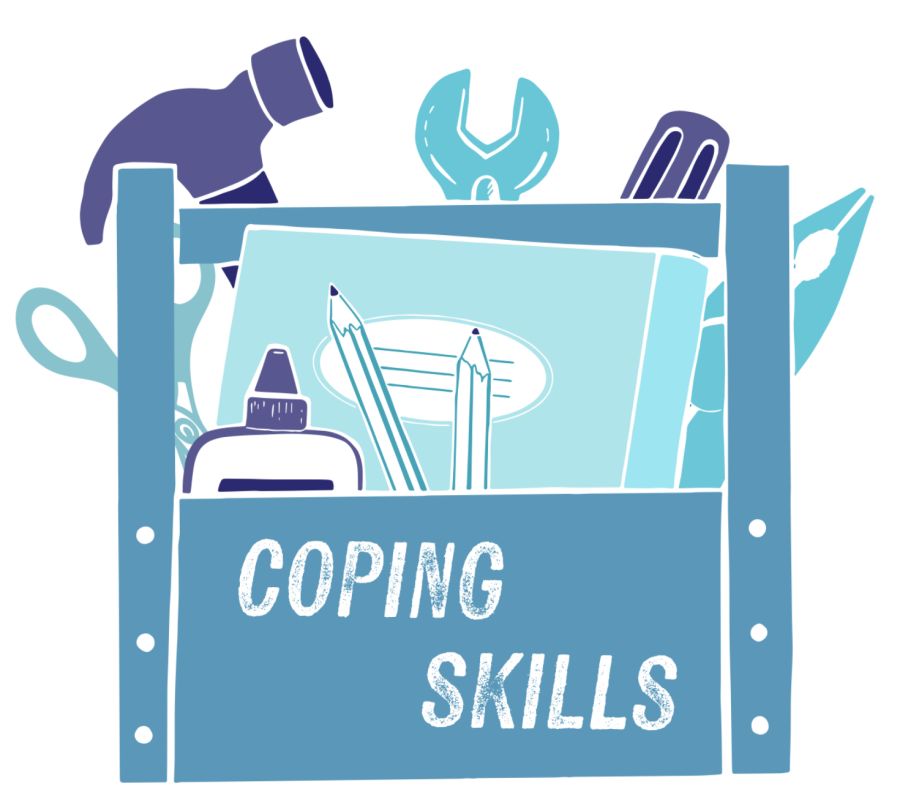Do & Don'ts of Raising a Child with Dyslexia
Published —
Everyone learns differently! It can be second-nature to raise and teach our children in a way that makes the most sense to us, but that may not be the most beneficial. See the below lists for helping out your kids with dyslexia:
Don’t
- Assume that your child does or does not have dyslexia. Dyslexia is on a spectrum and is neurologically based.
- Tell struggling readers to “just sound it out.” One characteristic of dyslexia is the inability to match sounds to letters; that is literally the thing they struggle do.
- Treat your child as unintelligent or lazy. Dyslexia is unrelated to intelligence or motivation. The last thing anyone wants to hear when they’re trying their best is to “just try harder.”
- Punish your child for their learning differences. Learners with dyslexia might work at a different pace or may misunderstand what you said. This is just part of how their brain takes in information—they should not be penalized for it.
- Tell your child that they’ll outgrow it. Dyslexia is a life-long condition but key skills can be improved. Children need you to take their challenges seriously and not be dismissive of them.
- Hold your child back a grade without addressing needs. Grade retention without targeted intervention is the definition of insanity: doing the same thing over and over again expecting a different result.
Do:
- Screen and test for dyslexia. Proper treatment can only follow an accurate diagnosis. Different types of dyslexia will need different intervention planning.
- Take a strengths-based approach to dyslexia. Rather than viewing dyslexia as a deficit, recognize your child’s strengths. Research shows that those with dyslexia are strong in spatial and narrative reasoning, empathy and critical thinking.
- Create opportunities for multisensory learning. Practice writing with putty, sand, pipe cleaners or beads. Have your child perform skits or puppet shows about their assigned reading. Music and aromatherapy can also be incorporated.
The following should only be pursued after an official diagnosis has been obtained:
- Talk to their school about allowing modified or alternative assessments. Some options include oral tests and projects instead of written ones. Alternatively, written tests could include a variety of answer formats like circling the answer or a voice recording.
- Talk to their teacher about (#1) not taking off points for spelling errors if the test was not a spelling test. A reading comprehension quiz evaluates reading comprehension, not spelling. This would give your child a better chance to demonstrate their learning.
- Talk to their teacher about (#2) offering extra time on assignments and tests. This could include allowing your child to take in-class assignments home with them. Another option is to offer more time to take exams.
Annalyse Tanzos
Related Articles That Might
Interest You

Neurodivergent Special Interest
Although special interests are most commonly found in those with Autism Spectrum Disorder, they act…

Coping Skill( CBT techniques and DBT techniques)
When it comes to coping skills, there are two popular techniques that are often taught. They are Co…

Directions and the Neurodivergent Brain
The neurodivergent brain is a beautiful thing full of contradictions and curiosities. Each neurotyp…